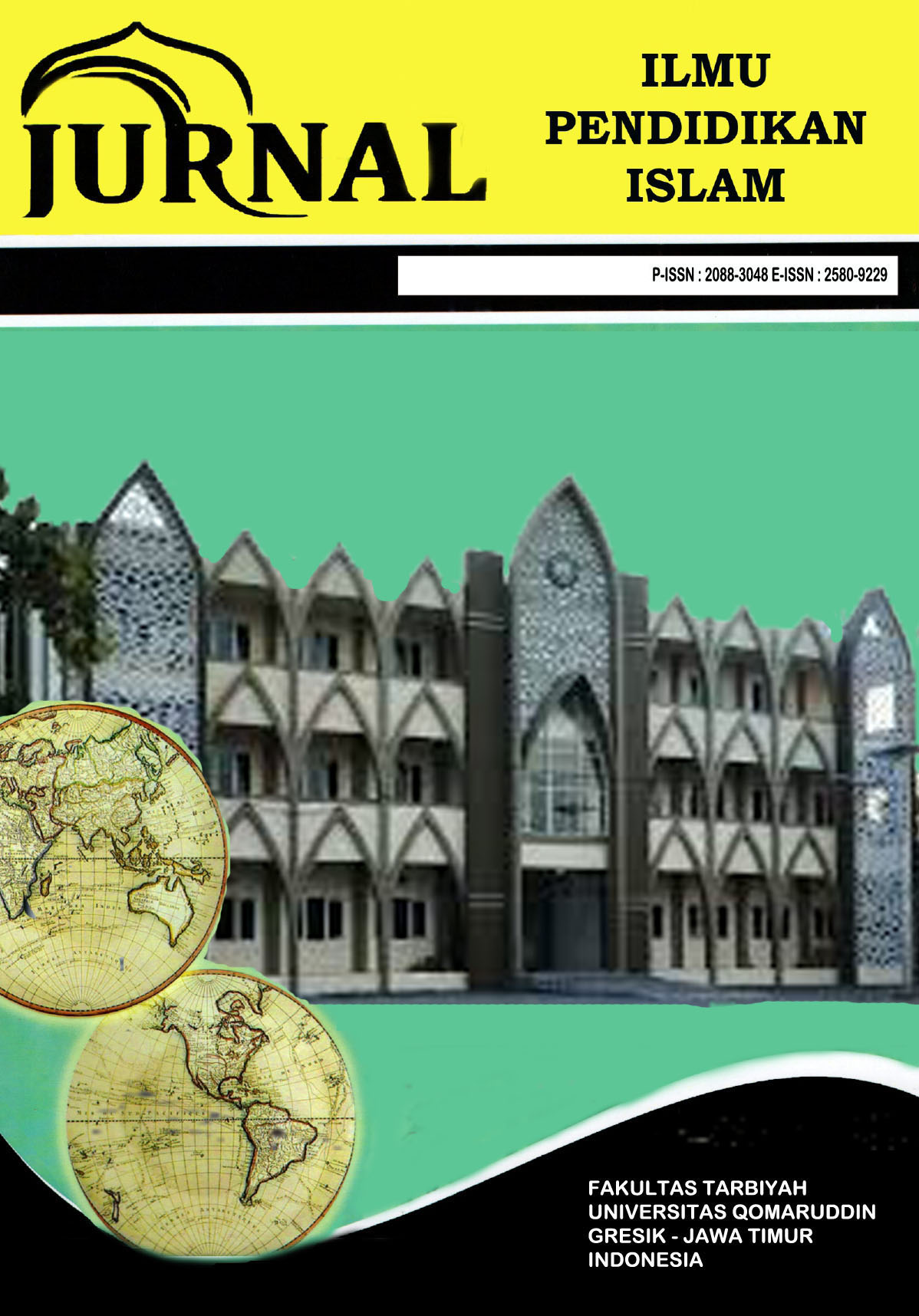Dinamika Pembaharuan Pendidikan Islam
Abstract
The renewal of Islamic education emerged as a response to the global challenges faced by the Muslim community, especially after European expansion and dominance in various strategic sectors. This renewal began with efforts to adopt modern science and technology, as seen in Turkey during the reign of Sultan Mahmud II through to Mustafa Kemal Ataturk, and in Egypt under the leadership of Muhammad Ali Pasha, as well as thinkers like Muhammad Abduh and Rasyid Ridla. These reforms included curriculum changes, the establishment of modern educational institutions, and the sending of students to Europe. The movement aimed to integrate general knowledge into the Islamic education system, which had previously focused solely on religious teachings. The impact of this movement is evident in the transformation of the educational system and the heightened awareness among Muslims of the importance of knowledge as a foundation for progress. However, these reforms also faced resistance from conservative circles concerned about its effects on Islamic identity. This study explores the contributions and challenges of the Islamic education reform movement and its influence on shaping educational thought and systems in the Islamic world through to the modern era.
References
Ahmad, Z. (2023). The Evolution of Islamic Education Systems. Cambridge University Press.
Al-Attas, S. M. N. (2020). Islam and Secularism in Education: A Comparative Analysis. Routledge.
Ali, S. (2023). Reform and Resilience in Islamic Education: A Global Perspective. Oxford University Press.
Creswell, J. W. (2018). Research Design: Qualitative, Quantitative, and Mixed Methods Approaches (5th ed.). SAGE Publications.
Fahmy, K. (2018). Education and Reform in the Ottoman Empire and Egypt: A Comparative Perspective. Journal of Middle Eastern Studies, 54(3), 221-239.
Hassan, R. (2021). Islamic Education Reform in Turkey: Historical and Contemporary Perspectives. The Islamic Quarterly, 45(1), 33-55.
Hidayatullah, M., & Abduh, A. (2020). The Role of Islamic Education in Modern Society. Journal of Islamic Studies, 15(2), 101-120.
Khalidi, T. (2020). Modernizing Madrasas: The Role of Science in Islamic Schools in Egypt. Oxford University Press.
Karim, N. (2023). Challenges of Educational Reform in Muslim Societies. International Journal of Islamic Education, 12(2), 45-78.
Mardin, S. (2021). Secularism and Religion in Turkish Education. Istanbul University Press.
Nasution, H. (2019). Pioneers of Islamic Reform in the Muslim World. Journal of Islamic Studies and Culture, 7(4), 87-98.
Rahman, A. (2022). The Reformist Movement in Islamic Education: Cases from Egypt and Turkey. Journal of Educational Development in Muslim Societies, 11(1), 67-89.
Rida, M. (2021). An Inquiry into Islamic Educational Reforms in the 21st Century. Al-Azhar Journal of Islamic Studies, 10(3), 112-130.
Saeed, A. (2019). Contemporary Debates on Islamic Education Reform. Palgrave Macmillan.
Siddiqi, H. (2020). Islamic and Modern Sciences in the Madrasah Curriculum: Balancing Tradition and Modernity. Journal of Modern Islamic Studies, 8(2), 50-73.
Smith, L., & Jones, E. (2019). Education Reform in Turkey and Egypt: A Comparative Study. International Review of Education, 65(2), 135-150.
Tahir, M. (2020). Educational Reforms in Islamic World: A Path to Integration of Knowledge. Asian Journal of Islamic Studies, 9(1), 18-36.
Yildirim, M., & Demirci, M. (2019). Educational Reforms and Institutional Change in the Ottoman Empire. Journal of Ottoman Studies, 50(4), 15-29.
Yusuf, A., & Hamid, S. (2021). Islamic and Modern Sciences in the Madrasah Curriculum. Al-Azhar Journal of Islamic Studies, 10(3), 112-145.
Zaman, M. Q. (2022). Modern Islamic Thought in a Radical Age: Religious Authority and Internal Criticism. Princeton University Press.
Copyright (c) 2024 Ainul khalim, Mochamad Chairudin

This work is licensed under a Creative Commons Attribution 4.0 International License.





